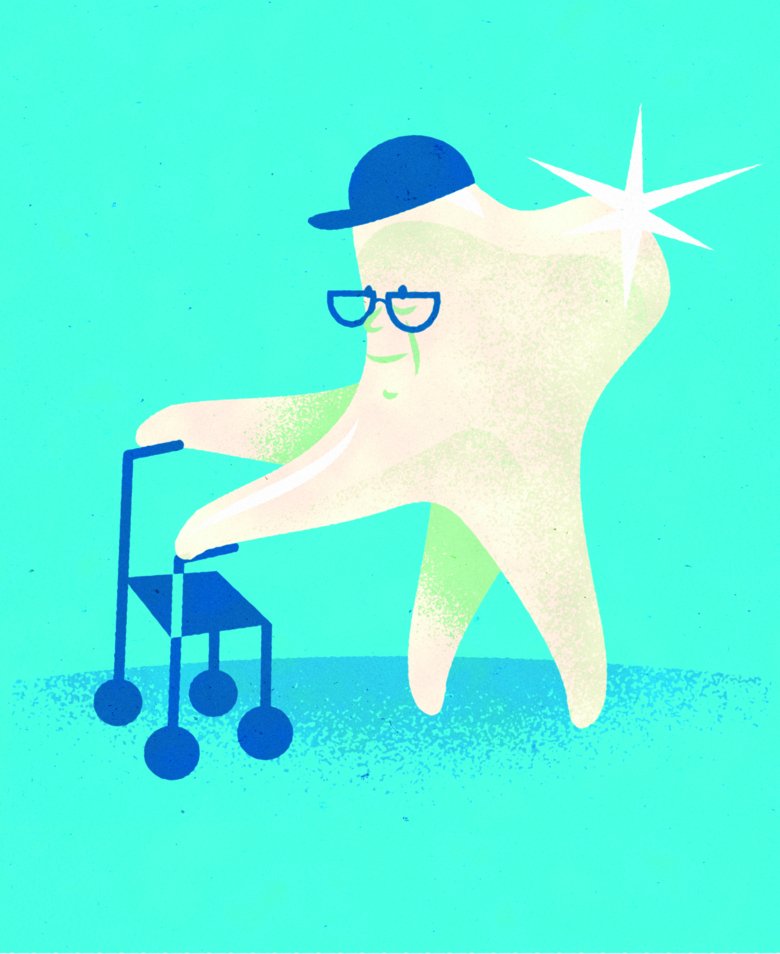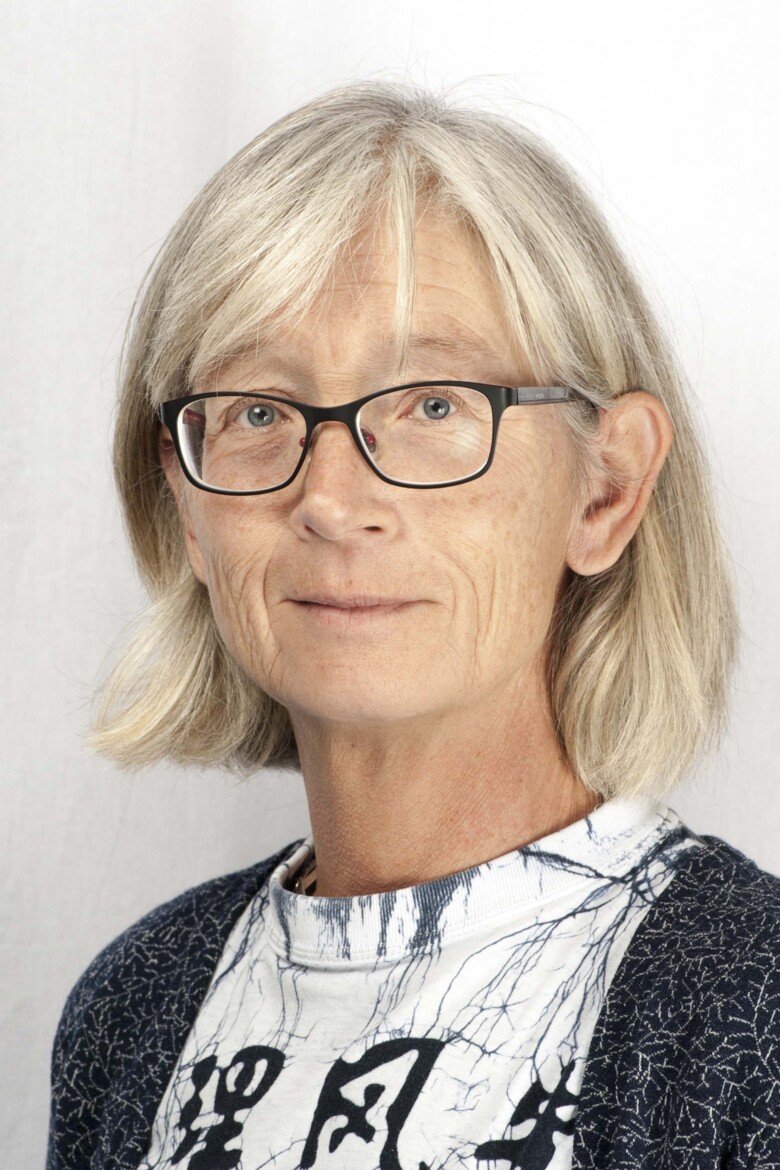Improved dental health among the older people leads to more caries
Caries is an increasing problem in the older population. Unexpectedly, this is caused by improved oral health.

“Today, an 80-year-old person has more than 20 of their own teeth. You do not need to go back more than 20 years to find a different situation,” says Gunilla Sandborgh Englund, professor at the Department of Dental Medicine, Karolinska Institutet, and as of 2015, the director of the Academic Center for Geriatric Dentistry.
She says that the improved oral health has rapidly changed the situation in home care, nursing homes and care homes.
“Historically, removable dentures were very common, which made it easy for the staff to manage the oral hygiene of those staying at the homes. This is very rare today,” she says.
The daily oral hygiene routine now requires both more time and knowledge than before. According to Gunilla Sandborgh Englund, it works most of the time, as long as the older person is reasonably healthy and able to manage their own oral hygiene. But when a disease causes the general condition to deteriorate, this can also lead to declining oral health. It could be a broken femur, a cognitive decline due to dementia or simply age taking its toll; a lot of things may happen in the frail phase of one’s life.
General condition deteriorates

“You can quickly go from having a functional set of teeth to suffering multiple caries lesions, often on root surfaces. The root surface is more susceptible to caries since it is not covered by enamel,” she says.
According to her, educating the staff within home care services, healthcare and nursing plays a key part in the effort to maintain good oral health, but she is also worried that this might cause a conflict of resources.
“We need to educate and train staff and make sure that they really help the elderly with their oral hygiene, but it is difficult as it takes time away from their other tasks,” says Gunilla Sandborgh Englund.
Text: Fredrik Hedlund, first published in Swedish in Medicinsk Vetenskap No 4/2019
